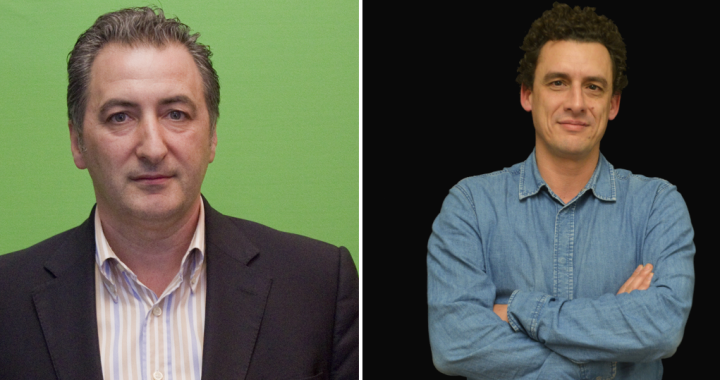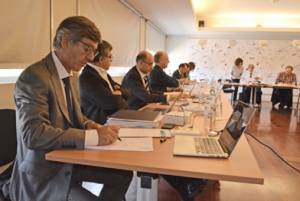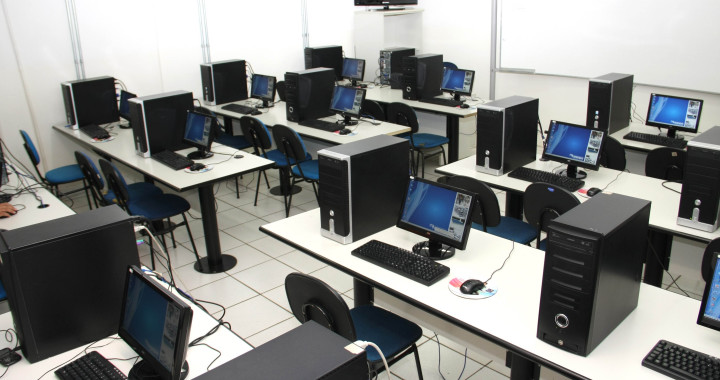Américo Azevedo and António Lucas Soares are the new coordinators of the Center for Enterprise Systems Engineering (CESE) of INESC TEC. The researchers start to secure the positions that previously belonged to Jorge Pinho de Sousa and Luís Carneiro, now an Administrator at INESC TEC.
Américo Azevedo, associate professor in the Department of Engineering and Industrial Management at the Engineering College of the University of Porto (FEUP), concluded in 2000 his doctorate in the area of collaborative planning systems. He was and is still currently in charge of several national and European research projects, including Adventure, VFF – Virtual Factory Framework, CORENET or oAPPS4aME, among others. He has been a collaborator with INESC TEC since 1993.
António Lucas Soares, associate professor in the Department of Informatics Engineering at FEUP, teaches Information Systems and Information and Knowledge Management. In addition, he is director of the Master’s in Information Science at the University of Porto (FEUP / FLUP). Some of the projects he has been involved in at INESC TEC, where he has been collaborating since 1993, include H-Know, cogniNet, and oRCED, among others.
Asked about the new challenge of leading the CESE, they said that they are “aware of the enormous challenge that lies ahead”. However, the knowledge and experience they have of the CESE’s environment, in particular the high experience and commitment of the entire team, simultaneously provides them with “comfort and confidence in the design and implementation of the Center’s strategy for the next three years”.
The coming times seem “challenging because of the many projects that are now starting, but also because of the countless opportunities that the target sectors of the CESE promise to provide. The aim is for an CESE to capitalize its interdisciplinary identity and culture in strategic collaborative bets with other INESC TEC centers and with international reference entities. Scientific excellence and the recognition of the business community will be the motivation for all initiatives that should result in innovative systems and services for the Company, the central object of the CESE’s scientific and technological intervention, ” affirm the new coordinators.
The INESC TEC researchers mentioned in the body of the news are linked to INESC TEC and FEUP.
INESC TEC, February 2016



